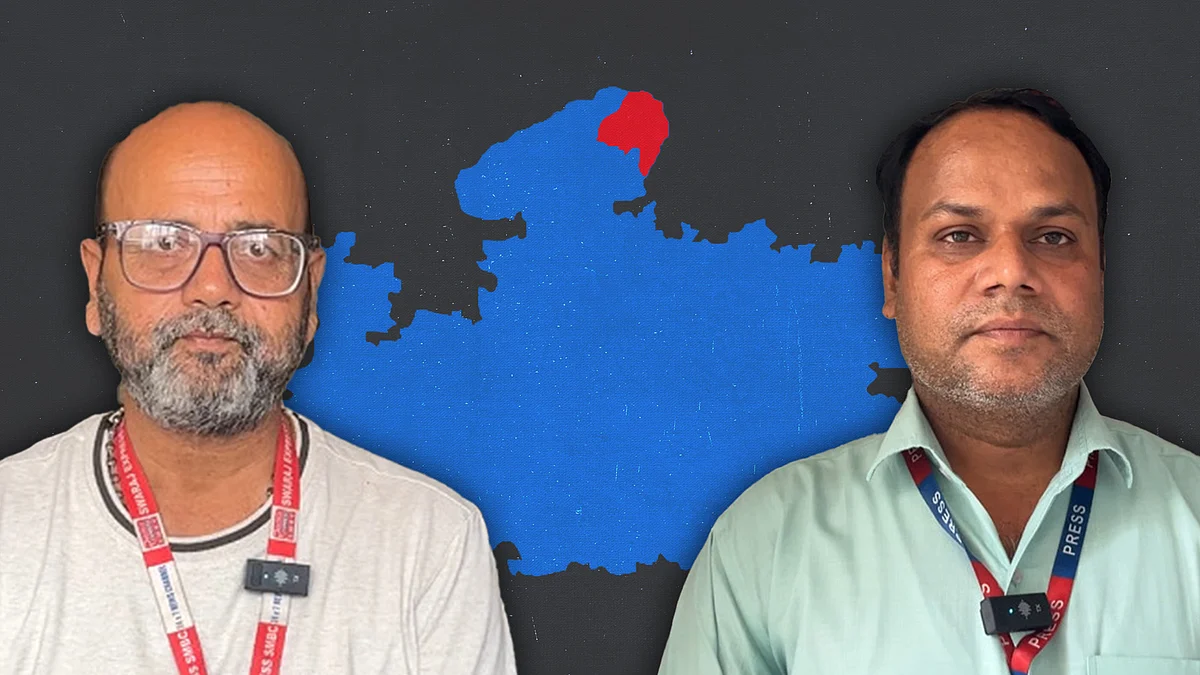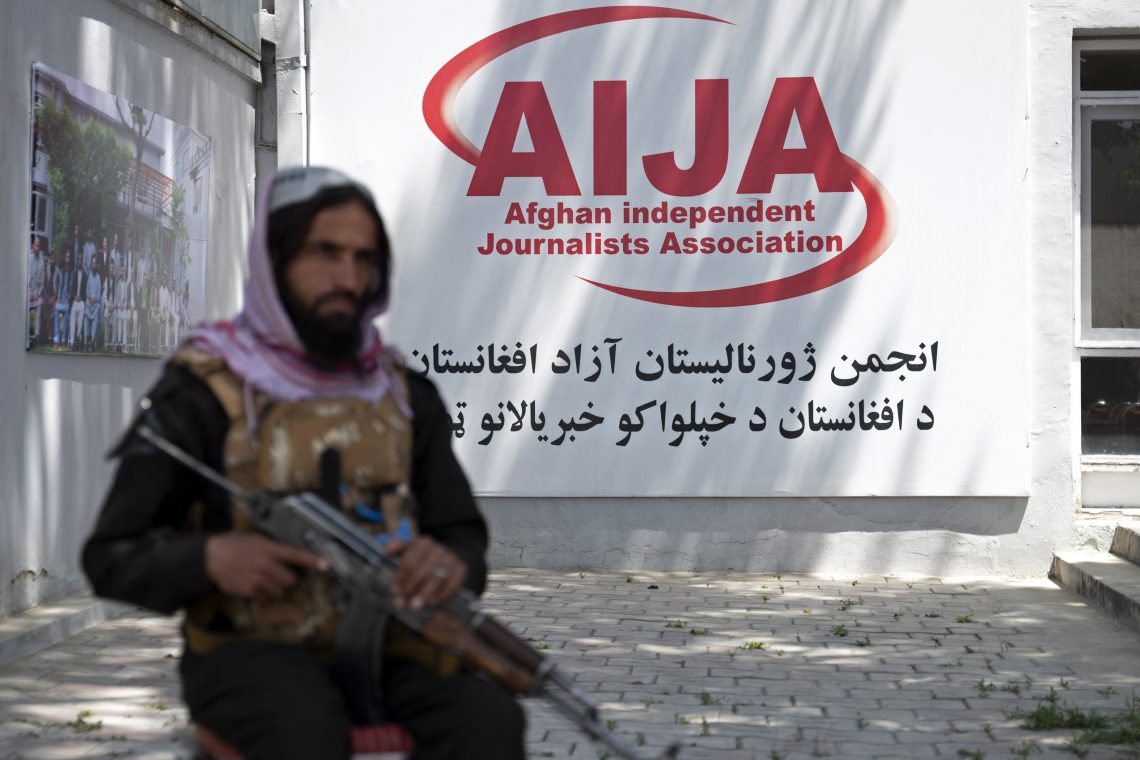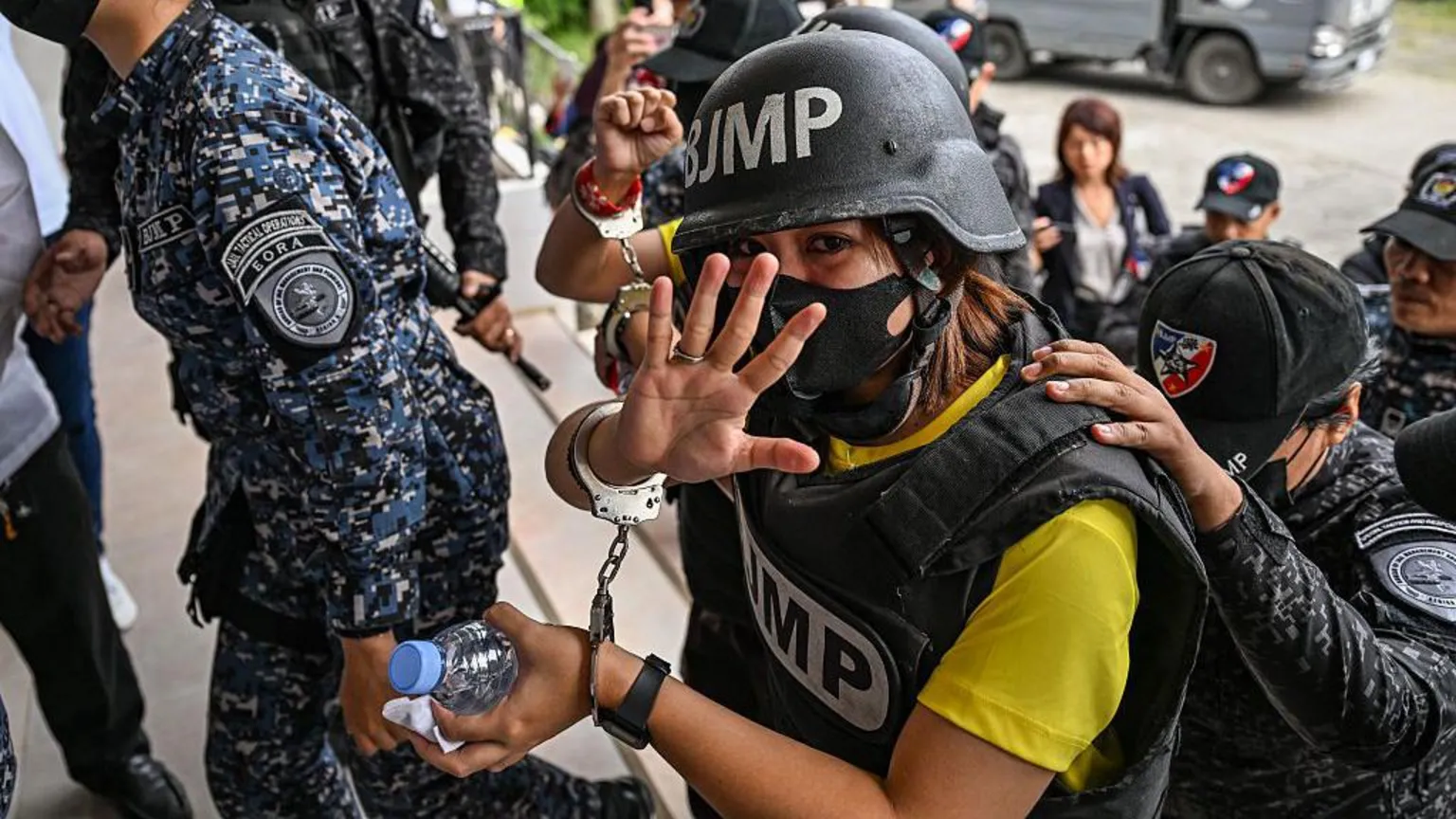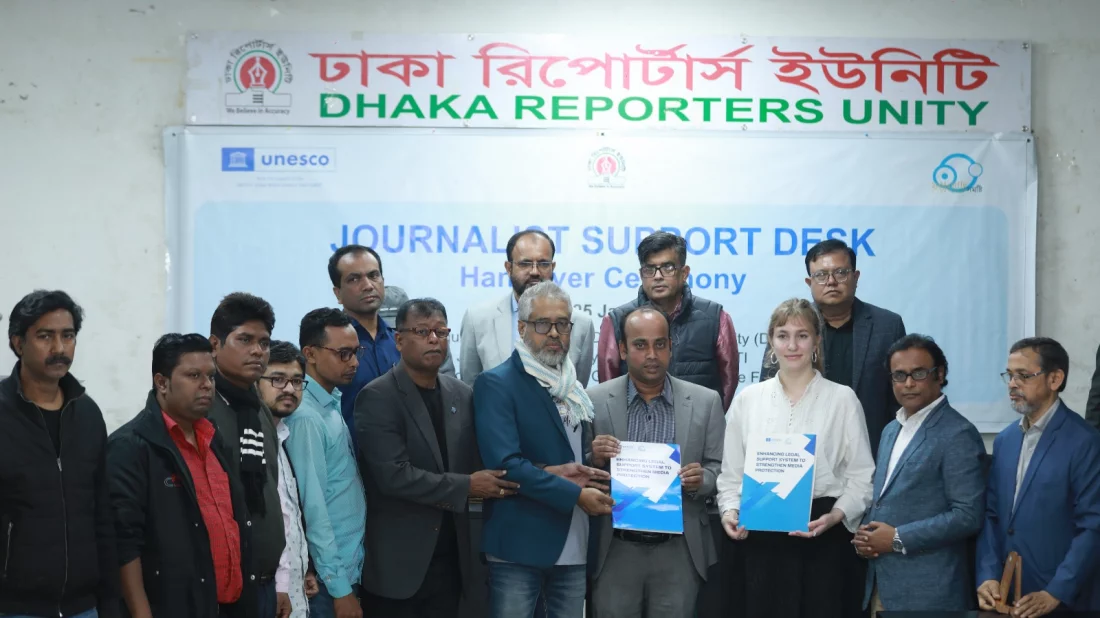
El Salvador Convicts Former Military Officers for 1982 Murder of Dutch Journalists
June 4, 2025
Breakthrough in Amazon Murders: Brazil Charges Mastermind in Killings of Journalist and Indigenous Activist
June 5, 2025June 04, 2025 – India –
The Supreme Court recently declined to grant interim protection to two journalists from Madhya Pradesh who had accused the police of custodial abuse and harassment. The journalists sought the court’s intervention following what they described as police intimidation linked to their professional work.
The journalists alleged that police officers had subjected them to harsh treatment and abuse while in custody. They claimed that this harassment was an attempt to suppress their reporting and intimidate the press. The case raised serious concerns about freedom of the press and police conduct in Madhya Pradesh.
However, the Supreme Court did not find sufficient grounds to grant interim relief at this stage. The court emphasized that allegations alone do not justify immediate protection without a thorough examination of facts. It noted that the proper course was to allow the legal process to unfold and not to intervene prematurely.
The court’s refusal to provide interim relief does not mean that the journalists’ complaints will be dismissed outright. The case will continue to be examined on its merits. The journalists are free to pursue their legal remedies, and the court will consider evidence and arguments before arriving at a final decision.
This ruling highlights the delicate balance courts must maintain between safeguarding individual rights and ensuring that legal procedures are not misused. The judiciary’s decision underlines that serious allegations, especially against state authorities, require scrutiny but must also follow established legal protocols.
The refusal has sparked debate on the issue of press freedom in India, with some viewing the court’s stance as a setback for journalists facing harassment. Advocates argue that protecting journalists from intimidation is essential for a healthy democracy and the free flow of information.
At the same time, law enforcement authorities stress the need to investigate allegations thoroughly and maintain law and order. They argue that complaints of misconduct must be substantiated before authorities are held accountable.
Overall, the Supreme Court’s decision to deny interim protection calls attention to ongoing tensions between press freedom and police accountability in India, underscoring the importance of fair and impartial judicial review in such cases.
Reference –




